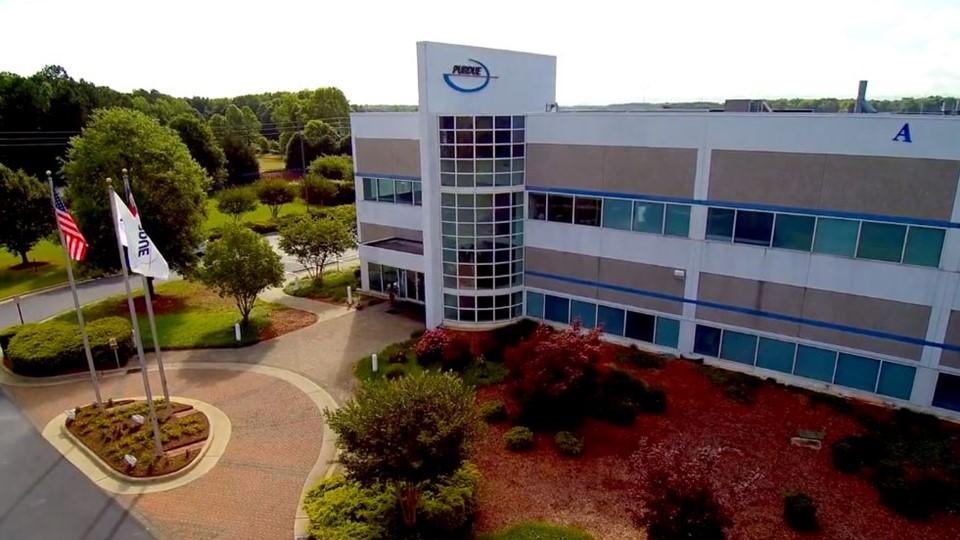Purdue bankruptcy case elevated to SCOTUS

The US Government has asked the Supreme Court to block Purdue Pharma from completing a bankruptcy settlement that would shield its Sackler family owners from lawsuits.
The move came after an appeals court ruled that Purdue could proceed with a bankruptcy plan approved in May, which – if completed – would kickstart a $10 billion programme of settlement payments tied to the company's role in fuelling the opioid crisis in the US with the promotion and marketing of its OxyContin (oxycodone) brand.
The US Department of Justice is attempting to block the plan because it will grant the Sackler family immunity from any current and future civil lawsuits attempting to hold them to account for their alleged contribution to the opioid epidemic, in return for making a $6 billion contribution to the settlement fund.
The DoJ's Office of the US Trustee unit, which oversees bankruptcy proceedings, has staunchly resisted any deal that will protect the Sackler family, arguing it is an abuse of bankruptcy protection law and denies victims an opportunity to be heard.
The Sacklers – who are not seeking bankruptcy protection themselves – are not in "financial distress" and should not be eligible for this type of protection, it asserts, noting that the family withdrew $11 billion from Purdue before agreeing to the $6 billion settlement figure.
According to a Reuters report, the US Trustee argued that the settlement plan "would leave in place a roadmap for wealthy corporations and individuals to misuse the bankruptcy system". SCOTUS has set a deadline of 4th August for Purdue to respond to the US Trustee's petition.
If accepted, the settlement money will be directed to projects intended to support victims of the opioid crisis over a nine-year period, while Purdue’s assets will be transferred to an independent company called Knoa Pharma – not owned by the Sacklers – which will devote its efforts to the prevention and treatment of opioid use disorder.
Purdue has long argued that holding up the settlement plan is depriving people and communities ravaged by opioid addiction of much-needed resources to help combat the crisis.
After the appeals court backed the plan, Purdue said its focus will now be to "emerge from bankruptcy and deliver billions of dollars of value for victim compensation, opioid crisis abatement, and overdose rescue medicines."
Meanwhile, the Sackler family has claimed that it "acted lawfully in all respects," but Oxycontin "unexpectedly became part of an opioid crisis that has brought grief and loss to far too many families and communities".












